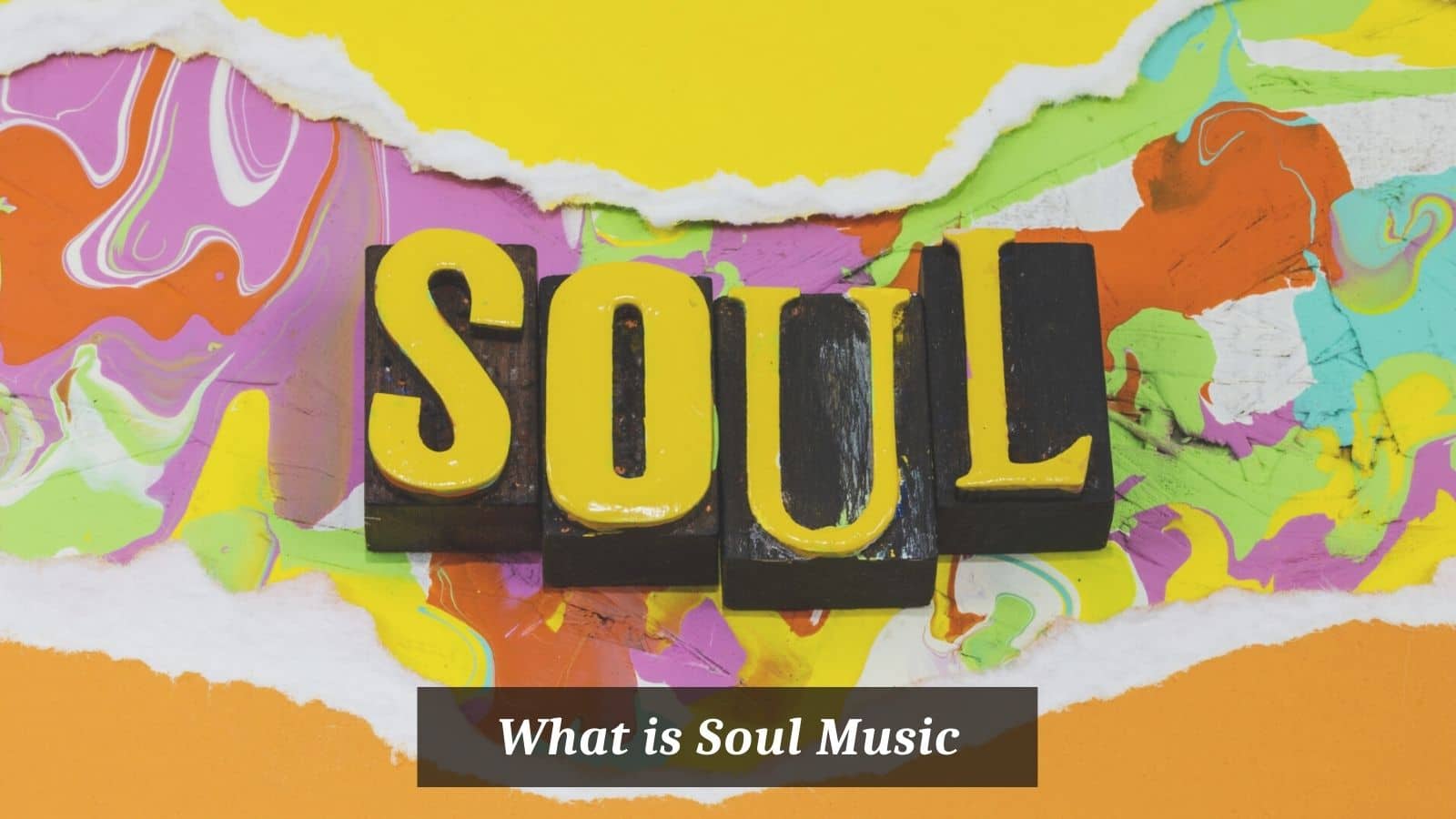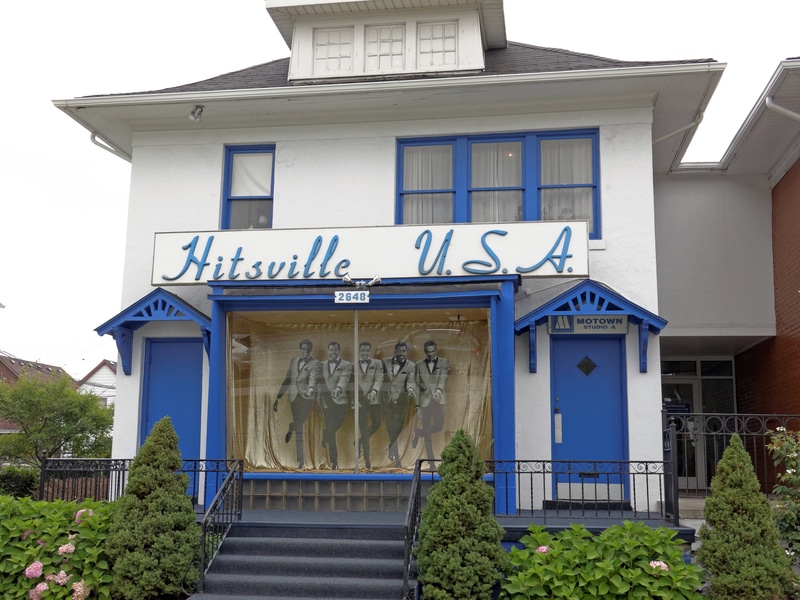Soul is a collective term for several types of pop music pioneered by Black American artists from the middle of the twentieth century onwards. Genres grouped under the soul genre include gospel music, smooth jazz, R&B (rhythm and blues), Motown, and urban blues.
Labels like Stax, Motown, and Atlantic actively recruited and supported Black artists in the highly segregated 1960s music industry. Soul also became entwined with the civil rights movement through Black musicians who connected their art to the political and social struggles of the era.
What Is Soul Music
Elements of Soul Music
Let’s investigate some of the main elements and characteristics associated with soul music that stretches across the geographical regions we’ll look at a bit later.
- The 1950s and 1960s gave birth to the crucial period of Black people’s struggles for equal rights in the United States. The 1950s and 1960s were also when the classic soul became ‘mature.’ Many artists chose their music to help fight the fight for civil rights. They delivered social and political commentary and messages through their music. Marvin Gay’s highly influential What’s Going On became an anthem for the period.
- Gospel elements were still present in soul music—call-and-response singing where the lead singer sings a ‘statement’ and is answered by the chorus or other members in response. Examples include Baby Love (The Supremes) and Love Train (The O’Jays). Soul music frequently features a heavy backbeat—a remnant from soul’s gospel origins.
- Many soul songwriters and composers incorporated blues harmonies into their music—much of the South’s blues elements found their way into soul music.
- Horn sections can be found in many soul recordings—especially those from Hi Records, based in Memphis, and Stax Records. Motown did not make use of horn sections, but there are still songs that contain horns in songs such as Dancing in the Street (Martha and the Vandellas, 1964).
- Virtuosic singing is showcased in soul music, and the singer’s voice and talents are showcased. Aretha Franklin is a prime example with her song I Never Loved a Man (The Way I Love You). Other artists include Sam Cooke’s songs (A Change Is Gonna Come, 1963 and You Send Me, 1957).
Placing Soul Geographically
Soul’s growth and evolution are tied to specific regions and cities—each label was the anchor for the local soul scene in Detroit, the South, and New York City. We’ll look at some of each region’s most prolific artists and their songs below.
Detroit: Motown Records
Motown was primarily synonymous with polished production and catchy pop melodies through the Funk Brothers’ influence. Motown artists also attracted white audiences through popular styles such as doo-wop and enjoyed significant record sales.
Although president Berry Gordy moved the label to Los Angeles, Detroit remained one of the soul capitals.
Notable artists include under the direction of Berry Gordy include:
- Smokey Robinson’s top album was A Quiet Storm.
- Martha Reeves and the Vandellas helped to shape the Motown sound with songs like their 1963 hit Come and Get these Memories.
- Marvin Gaye became one of Motwon’s biggest stars with his hit song and album What’s Going On.
- Diana Ross and the Supremes quickly became the darlings of Motown with hits like Stop in the Name of Love.
Southern Motown: Stax Records and Hi Records
The Southern soul scene centered mostly around Memphis and, to a lesser extent, included Atlanta, Birmingham, and New Orleans. The Stax Records’ roster included names such as:
- Otis Redding was introduced to the music industry through his song These Arms of Mine at the age of twenty during an impromptu audition at Stax.
- Booker T & the MGs were the in-house band at Stax, gifted composers, and even released a cover song, Hip Hug-Her, reaching No. 10 on the R&B charts, and No.21 on the Billboard Hot 100
- The Mark-Keys may have only produced one hit (Last Night, 1961), but they remained one of the most influential groups that emerged from the Memphis soul scene.
- Hi Records recruited Black artists from Louisiana, Alabama, Tennessee, and Mississippi. Their sound is easily recognizable through the carefully crafted sound that features prominent horns, the Hammond organ, and a driving rhythm section. Some of their famous artists include Al Green, with hits like I’m Still in Love with You and Full of Fire, and Donald Bryant, with albums such as Precious Soul and You Make me Feel.
New York City: Atlantic Records
New York City was the third major contributor to the soul scene, with Atlantic Records founded by Ahmet Ertegun and Herb Abramson. Although Atlantic Records’ founders were white, they actively recruited Black artists who played soul and jazz music. Their roster included artists like:
- Aretha Franklin, the Queen of Soul, was nurtured by Detroit’s Atlantic Records managers. Her hits include Respect and (You Make Me Feel Like A) Natural Woman. She was based in Both Detroit and New York. Who can forget when she stepped in and sang Nessun Dorma when she stepped on behalf of Luciano Pavarotti at a moment’s notice.
- Ray Charles churned out countless hits, including I’ve Got a Woman, Hit the Road Jack, and Georgia on My Mind among many other great hits.
- Solomon Burke, also known as the King of Rock ’N’ Soul, gave us hits like Maggie’s Farm and What I’d Say to name two of many beautiful songs.
Conclusion
Soul music has come a long way and draws upon traditions associated with enslaved people working in the fields (call-and-response technique), to those techniques finding their way into gospel music, but not standing still and adapting with the times, finally in soul music.
Soul music enjoyed massive popularity during the 1950s through the 1970s, aligned with the ideals of the Civil Rights Movement, and inspired countless artists and genres.
Some of the genres that have roots in soul music include Latin pop, smooth jazz, hip-hop, disco, house, dance-pop, and even dance hall music.
Further Reading and Listening
There’s a lot more to soul music which you can discover when you click here.




